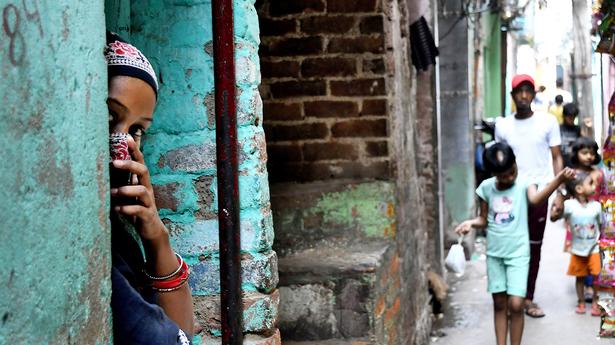
SC to hear pleas of Muslim body, others against demolitions on September 7
The Hindu
The Muslim body had said in its plea that no demolition of properties be carried out without following due process and such exercise is done only after adequate notice.
The Supreme Court Wednesday said it would hear on September 7 the petitions filed by Muslim body, Jamiat Ulama-i-Hind and others seeking directions to various state governments to ensure that no further demolition of properties of alleged accused in rioting cases of violence is carried out.
A bench comprising Justices B R Gavai and P S Narasimha said that it would hear as many as five petitions, including the one filed by CPI (M) leader Brinda Karat, on September 7.
Earlier on July 13, the top court had refused to pass any interim direction staying demolition of properties of accused involved in violent protests across various states.
It had wondered how it could pass an omnibus order on demolitions if there is an illegal construction and the corporation or the council is authorised to take action.
The bench had also asked the parties to complete pleadings in the matter in the meantime.
On June 16, the apex court had stated that "everything should be fair" and authorities should strictly follow the due procedure under the law while giving the Uttar Pradesh government and its authorities three days to respond to pleas which alleged that the houses of those accused in last week's violence were illegally demolished.
The top court was hearing pleas filed by Jamiat Ulama-i-Hind seeking directions to the Uttar Pradesh government to ensure that no further demolitions of properties of alleged accused of recent violence are carried out in the State.

Prodancy Pvt Ltd, a medtech startup specialising in surgical consumables for joint replacement surgeries, has successfully raised ₹2.14 crore in a funding round co-led by Campus Angels Network and Keiretsu Forum Chennai, which also saw participation from existing investors Center for Cellular & Molecular Platforms (C-CAMP) and other angel investors.

“Writing, in general, is a very solitary process,” says Yauvanika Chopra, Associate Director at The New India Foundation (NIF), which, earlier this year, announced the 12th edition of its NIF Book Fellowships for research and scholarship about Indian history after Independence. While authors, in general, are built for it, it can still get very lonely, says Chopra, pointing out that the fellowship’s community support is as valuable as the monetary benefits it offers. “There is a solid community of NIF fellows, trustees, language experts, jury members, all of whom are incredibly competent,” she says. “They really help make authors feel supported from manuscript to publication, so you never feel like you’re struggling through isolation.”









